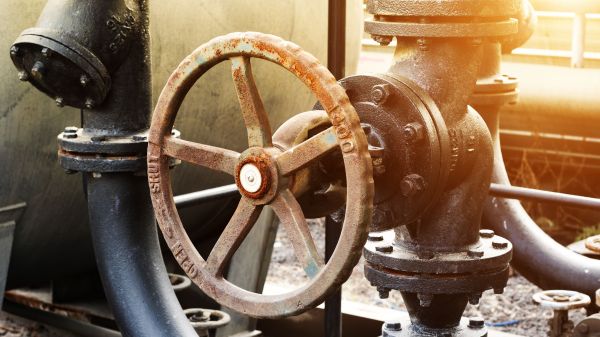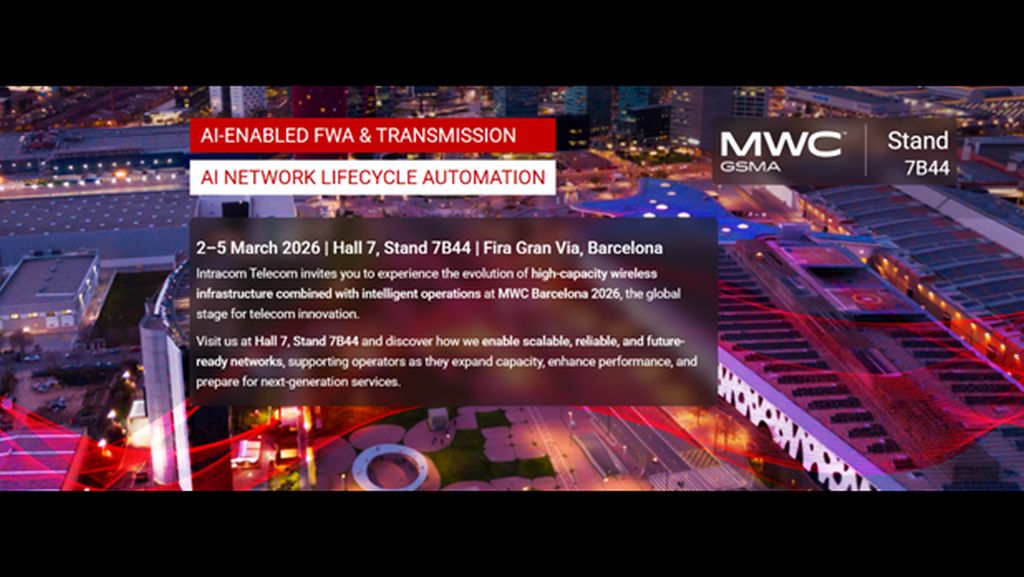Technically speaking, the exports should be possible using interconnection gas pipelines with Hungary (Arad-Szeged), Bulgaria (Giurgiu-Ruse) and Moldova (Ungheni-Iasi). However, these pipelines are either not functional yet, or have a low export capacity. The most important of the three is Arad-Szeged. For now, import is technically possible through this pipe, but making it functional for export is expected to take another two years, according to the Ministry of Economy.
Furthermore, producers are increasingly getting better prices on the domestic market as the market is already in the process to be liberalized in line with EU requirements and the IMF Stand-by Agreement, so the incentive to export their production will decrease. The increases in price due to integration into the Central European network will be gradual and, hopefully, consumers will have time to adapt. Nevertheless, many residential clients will struggle and a subsidy mechanism needs to be put in place for them.
Some companies that are large consumers of gas will be affected, as has been the case for large consumers of electricity in the last two years. But companies have greater capacity to invest in increasing energy efficiency than individuals.
Regarding the impact of this decision on investors who plan to build new gas-fired power plants in Romania, such a decision will lead to an increase in gas prices, which cannot be favorable to gas-fired power plants. Such plants are built only if a long-term source of gas at predictable prices can be found, as large power plants do not buy their gas off the spot market. As a case in point, the only significant investment in a gas power plant during the last 20 years was made by Petrom, which has its own reliable source of gas.
Another variable when building a power plant is the price of electricity, which is driven by other factors (changes in consumption volumes and patterns, increase of production from renewable sources, support mechanism for renewables, price of oil, etc).
Finally, investment in gas power plants is also impacted by the price of carbon emissions; high prices of carbon make gas-fired plants more competitive that those fired by other fossil fuels (coal, heavy fuel oil). Currently, the price of carbon is at a historical low in the EU and, unless the regulations change in this respect, will remain low in the medium term. Therefore, this particular incentive for building gas-fired power plants is rather low at this point.


































